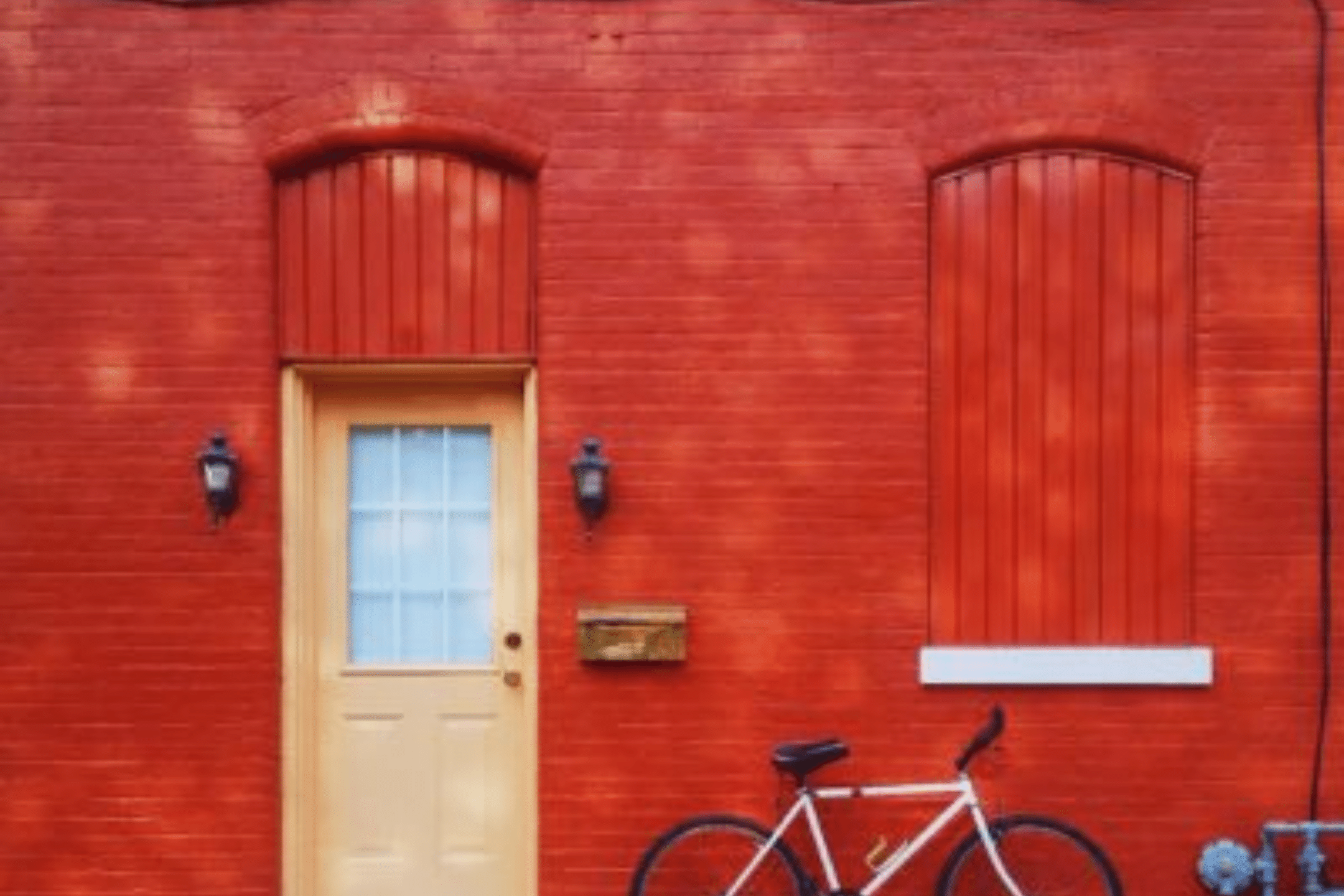So, you’ve been trying to buy a property for a while now, and you are unsure how much deposit you should put down. You see others buy their own properties. And it seems like everyone makes it look so easy. But for some reason, you’re still unsure about what is really required to buy your own and the right deposit to put down. Every time you get close to saving your deposit, something happens, and you end up back where you started, and you struggle to get on the property ladder.
Not this time! Because this time, you’re going to be armed with the right tips, tricks and secrets that experience property owners and property developers know. Below are a few steps you should consider before so that you can buy your home with confidence.
What is a 5% Deposit Mortgage
5% deposits are back on the market but for how long! A deposit is an amount you pay upfront on a property that reflects a percentage of the property. The 5% deposit scheme is designed to increase the number of homebuyers and encourage those with a low deposit or limited equity. Several major lenders are taking part in the Government’s mortgage guarantee scheme, where aspiring homeowners have access to 95% mortgages. However, before you consider a 5% mortgage deposit, you should explore some of the benefits of depositing a higher percentage and why it could be worth your while.
Step 1: 5% Mortgages Are Not Cheap.
If you focus on depositing 5%, you miss out on hundreds of amazing deals as the best rates on the market are given to those with larger deposits. There are various rates available which are usually staggered by 5%. For example, there are different deals available for 5%, 10%, 15%, 20% and so on, right up to 40%. The greater your deposit, the greater the savings. If you are struggling to save more than 5%, you may want to consider a cheaper property to allow you to deposit more and benefit from a low interest.
Step 2: 5% Mortgage Deposit Means More Debt
Taking on a mortgage is likely to be the biggest debt you will encounter, and so you may want to explore opportunities to reduce this amount wherever possible. The total amount you pay back on the mortgage can, in some cases, be double or more than the amount you originally borrowed. It means if you borrow a mortgage of £200,000 over 25 years, you could end up paying back £400,000 or more (scary, right!?) Well, there are some simple ways to help lighten this burden:
- Put down a higher deposit at the start
- Keep the mortgage term as low as possible
- Pay off the mortgage before the end term
- Make overpayments
- Avoid high-interest rates
Step 3: 5% Mortgages Carry Risk.
There are a few risks to take into account when depositing 5%
- Affordability: This is the amount a lender is prepared to lend based on income multiples and other factors such as expenditure, debt and credit scoring. The average first-time buyer home in England is £214,452 (ONS, March 2021), meaning if you only deposit £10,723 (5%), you need to earn an average of £45,272 (based on a 4.5 income multiple. Therefore, if you earn below this amount and are considering buying a home in England, a 5% deposit will not cut it, and you will need to consider a higher deposit or a change of location.
- Negative equity: Negative equity is when the price of your home falls below your mortgage outstanding, meaning your home is worth less than you’re borrowing. When considering a high loan to value mortgage, you expose yourself to the risk of negative equity. No one wants to experience it; however, you must understand there is a possibility of this happening. To help avoid negative equity, you should try and consider a deposit higher than 5%.
- Limited lenders: 5% deposit carries a greater risk to the lender, which is why there is only a handful available on the market. Major high street banks receive backing and support from the Government to offer 5% mortgages. However, this is likely to come at a higher cost to you, the borrower, and the higher risk is reflected in a higher interest rate. If you can consider higher than 5%, you gain access to what is known as the whole of market, which is a much wider choice. When exploring the whole of market, you will likely find a mortgage to suit your individual needs and find more competitive rates.
Step 4: 5% Makes You Less Attractive
Estate agents, sellers, and mortgage lenders are all attracted to those willing to put down a deposit greater than 5% as it shows a strong level of commitment and is deemed less risky. Of course, several other things make you stand out for all the right reasons, such as maintaining good money management and a decent credit score, but a good deposit speaks volumes about you as a buyer. So if you want to stand out of the crowd and increase your chance of securing your dream property, try and push for a higher deposit. It might be a painstaking process saving, but you will thank yourself later.
Saving for a deposit is never easy, and the main goal is getting your foot on the ladder and so if 5% is all you can afford, go for it, but if you can challenge yourself to save a greater deposit or receive financial support to help you get there then do so so you can save money, reduce debt and look attractive!
If you need help saving or setting a goal, check out my previous blog. If you have further questions, don’t hesitate to get in touch or book a free consultation. Look out for our next blog for more ways to help you achieve your financial goals and improve your personal finances. SUBSCRIBE for updates and new content and receive a FREE copy of Your Financial Checklist Workbook.


Great content! Keep up the good work!